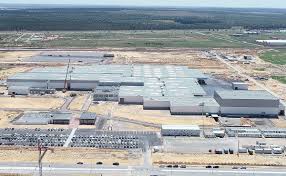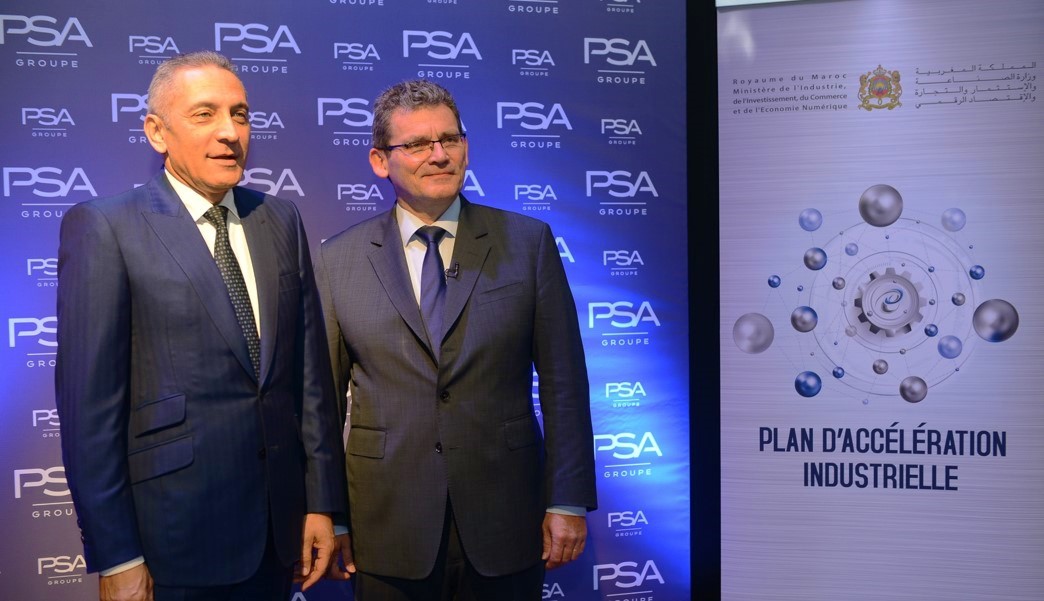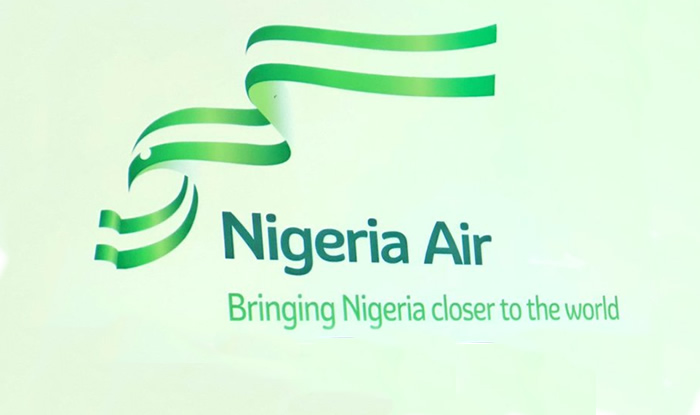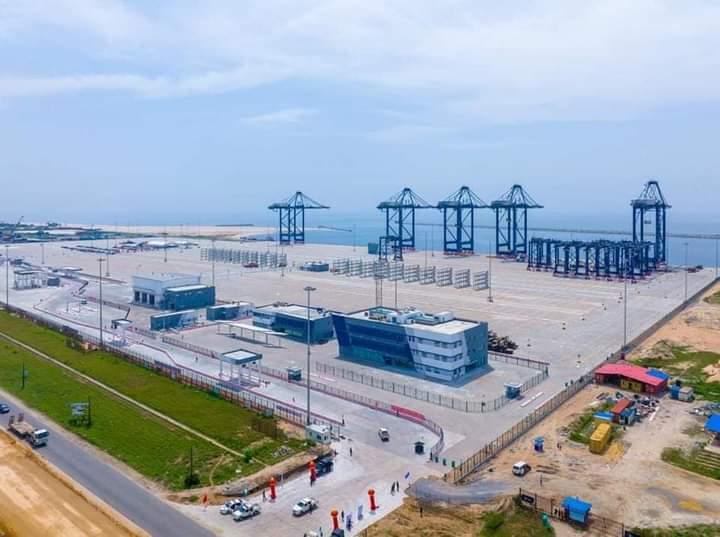Morocco went agog weekend as PSA Group flagged off production at its new factory in Kenitra Free Zone, with the Peugeot 208 as its first model for roll-out.
Business Hilights recalls that Groupe PSA is a French multinational manufacturer of automobiles and motorcycles sold under the Peugeot, Citroën, DS, Opel and Vauxhall brands. Peugeot is the largest PSA brand in Europe and in the world.
The 557-million-euro or $630m plant has an annual capacity of 200,000 vehicles, and most will be exported mainly to largest markets in West Africa with Nigeria as key target.
Auto analysts say majority of auto giants building manufacturing plants in West African nations with condusive manufacturing policies and environment do so with the aim of selling majority of their products in Nigeria where its auto policy had been discouraging.
According to them, the major factors that discourage many global auto giants in investing in Nigeria include epileptic power, multiple taxation, endless security crisis, forex policy inconsistency and Certificate of Capital Importation (CCI) issues.
On the other hand, Nigeria remains the most important market for cars due to the population and size, but recent inconsistencies in Nigeria’s auto policy have continued to frustrate the few investors.
Besides, the woes of surviving auto investors are further impaired by governments’ observed preferences for foreign cars upon the Federal Government’s campaign for local content.
For instance, only recently, Lagos State Government procured over 820 mass transit buses for its BRT scheme from China while there are some indigenous car firms including Innoson Motors in Nnewi, Anambra State.
Also, official cars for the Federal Government and agencies including majority of the states remain Toyota SUVs even though Innoson Motors has the capacity to produce same.
Though the Nigerian arm of Peugeot plant is still active in Kaduna, but checks showed that it is still in need of credible investors to raise productivity and product visibility in a market that is yawning for auto investors.

The Kenitra factory is purpose built to produce cars on PSA’s new CMP architecture for compact and small cars. In addition to the Peugeot 208, it could produce expected new versions of the Citroen C-Elysee and Peugeot 301, three-box cars that are mainly sold in regions outside of Europe.
On the new Moroccan Peugeot factory, production will start at 100,000 vehicles and ramp up to 200,000 in the next two years. PSA is also building gasoline engines at the plant, many for export to other group factories in Europe. The plant will be able to produce 200,000 annually.
Already, the plant has pushed up job spaces for Moroccans as it has the capacity to employ over 4,500 people at full capacity as PSA now has a complete ecosystem in Morocco.
Additional details show that PSA’s regional headquarter remains in Casablanca, while the Kenitra plant will be served by a technical center with 500 engineers, and 27 suppliers that have built factories and assembly plants in the area.
Total estimate of new jobs for Moroccans the factory will create stood at around 20,000 direct and indirect jobs.
Besides, Business Hilights gathered that other automakers and suppliers have set up shop in Morocco, taking advantage of low wages compared to Europe and generous incentives from the government, as well as easy access to major ports. Renault has two factories in the country — one in Tangiers with an annual capacity of 400,000 vehicles and one in Casablanca that builds around 85,000 vehicles a year.
Additional details gathered from the associated multiplier effects enjoyed by PSA and other automotive businesses coming to the Kenitra trading zone include exemptions on corporate tax (for a limited time), value-added tax and customs duties. The government is also providing training subsidies for PSA workers. In return, PSA has agreed to export 85 percent of the production and source a high percentage of parts locally.









